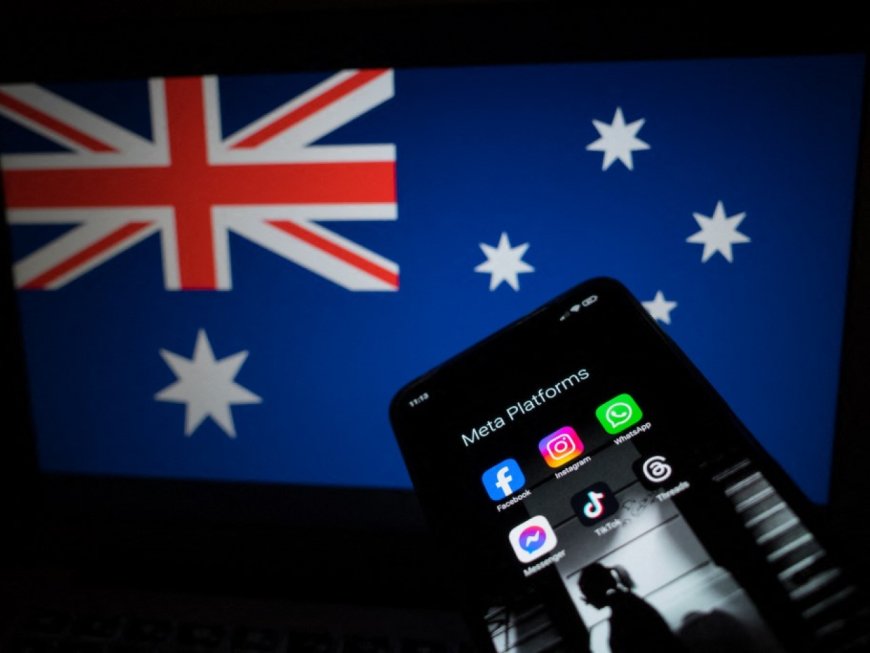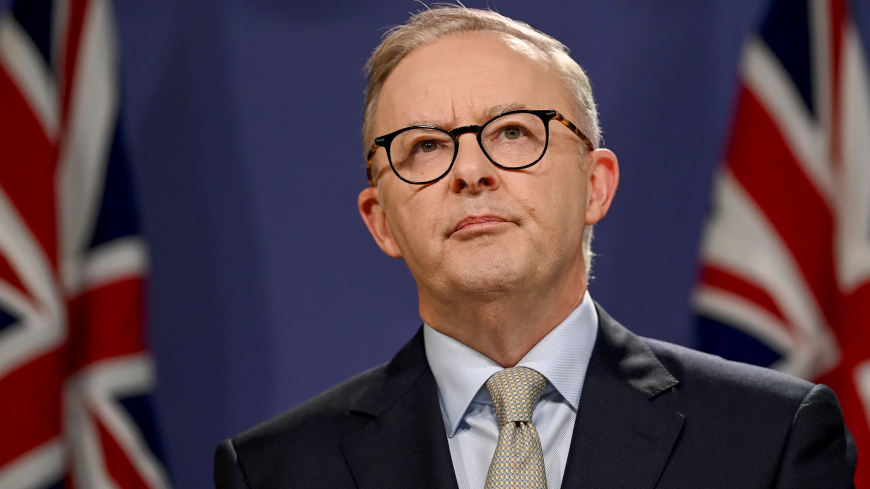Australia's Social Media Ban: Protecting Kids Under 16 or Pushing Them to Riskier Spaces?
Australia has introduced a law banning social media access for kids under 16, aiming to protect young users from online harm. The move sparks debate on its effectiveness, potential consequences, and how it may push minors toward unregulated spaces. Explore the details of this groundbreaking regulation.

Australia has recently passed a significant new law aimed at restricting social media access for minors, which has sparked a wide range of reactions from tech companies, child safety experts, and advocacy groups. The legislation, which came into effect in November 2024, requires social media platforms to prevent users under the age of 16 from signing up. The goal is to curb the potential harm children could face on these platforms, particularly around issues like cyberbullying, online grooming, and exposure to harmful content.

What the Law Entails
The law mandates that social media platforms such as Facebook, Instagram, TikTok, and others must take "reasonable steps" to ensure that users under the age of 16 cannot register for accounts. Platforms found in violation of this could face significant fines—up to AU$50 million. The legislation requires social media companies to implement stringent age verification measures, which some have argued are difficult to enforce given the global nature of social media and the difficulty in reliably verifying the age of users.
The government’s move comes in the wake of growing concerns about the impact of social media on children's mental health. Many health experts have pointed to the overwhelming evidence of social media's negative impact, including addiction, mental distress, and exposure to harmful content that can be particularly damaging for young minds. This new regulation is part of a broader global trend to control the risks that social media platforms pose to vulnerable populations.
Backlash from Tech Companies
Tech companies have voiced their opposition to the law, arguing that it could have unintended consequences. TikTok, for example, has stated that the law could push younger users toward more dangerous and unregulated online spaces. These platforms have long relied on data from users to tailor content and advertisements, and some experts argue that blocking minors from signing up could limit the ability of these companies to maintain their business models, especially those centered around user engagement and data collection.
Additionally, tech companies are worried about the practical challenges of verifying the age of users without infringing on privacy or creating unnecessary barriers to access. Critics of the law argue that it may push minors to circumvent the rules, using fake information to bypass verification methods. This could result in a situation where children still access platforms but without the protective measures designed to keep them safe.
Concerns from Child Protection Advocates
While the law has faced criticism from tech companies, child protection experts have largely supported it, emphasizing the importance of safeguarding children online. However, these experts also warn that the law might not go far enough to ensure that children remain safe once they are on the platforms. The law only addresses the registration process, but it does not directly regulate the type of content children may encounter or the ways in which social media platforms interact with young users.
The United Nations Children's Fund (UNICEF) has raised concerns that the law may not fully address the risk of harm young people face on social media. According to UNICEF, while age verification is a positive step, it doesn’t necessarily ensure that underage users won’t find ways around it or that they will be protected from harmful interactions once online
Potential Consequences
There is also significant concern about the potential long-term consequences of this law. If enforced, it could change the way young people engage with social media in Australia, limiting their access to social networks and online communities. While this might be seen as a protective measure, it also limits young Australians' ability to learn digital literacy and build skills that are increasingly necessary in today's interconnected world.
The Future of the Law
As Australia moves forward with this new regulation, the effectiveness and impact of the law will likely become clearer in the coming months and years. Whether or not it will reduce online harms or simply push children into more dangerous corners of the internet remains to be seen. Additionally, the law may prompt other nations to introduce similar regulations, making it a significant case study for the intersection of digital regulation, privacy rights, and online safety
This move also places pressure on social media companies to find ways to adapt their platforms, balancing between user safety, data collection, and business sustainability. As social media continues to evolve, the Australian law could set a precedent for how countries regulate digital spaces for minors.



 Utej
Utej 





